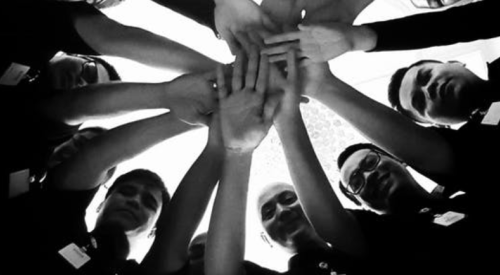|
You spend a lot of time talking with your employees about everything under the sun. Maybe you discuss personal matters to build a friendly rapport with them — until a difficult task comes up or worse, there's a problem that needs to be addressed. So you suddenly shift gears and start talking seriously, urgently and sometimes heatedly about the work. That's when the employee is likely to say, "Hey, I thought we were friends!" And all the rapport goes out the window.
 |
If you want to be a friend to your employees, go out for a beer with them after work. During business hours, your role is to keep everybody focused on the job and performing their best every day.
You can build rapport with your employees by talking about work that's been done and the work that needs to be done. Talk about avoiding pitfalls, finding shortcuts and making sure the employee has the resources necessary to do the job. Talk about goals, deadlines, guidelines and specifications.
Conversations between managers and employees should be interactive dialogues, not one-way conversations. Ask questions such as, "What are you going to do, and how are you going to do it? What steps will you follow? How long will each step take? What does your checklist look like?"
Use your growing knowledge of each person, his or her tasks and responsibilities and the overall situation to guide you in each conversation. The more you do it, the stronger and more informed your judgments will be about what can and cannot be done; what resources are necessary; what problems may occur; what expectations are reasonable; what goals and deadlines are sufficiently ambitious; and what counts as success versus failure.
Answer employees' questions as they arise. Get input from them throughout the process. Benefit consistently from what employees are learning on the front lines. And strategize together. Provide advice, support, motivation and yes, even inspiration once in awhile.
| Author Information |
| Bruce Tulgan, founder of RainmakerThinking, is an advisor to business leaders all over the world and a sought-after speaker and seminar leader. Tulgan is the author of several books including, most recently, "It's Okay to be the Boss." He can be reached at brucet@rainmakerthinking.com. |
|











